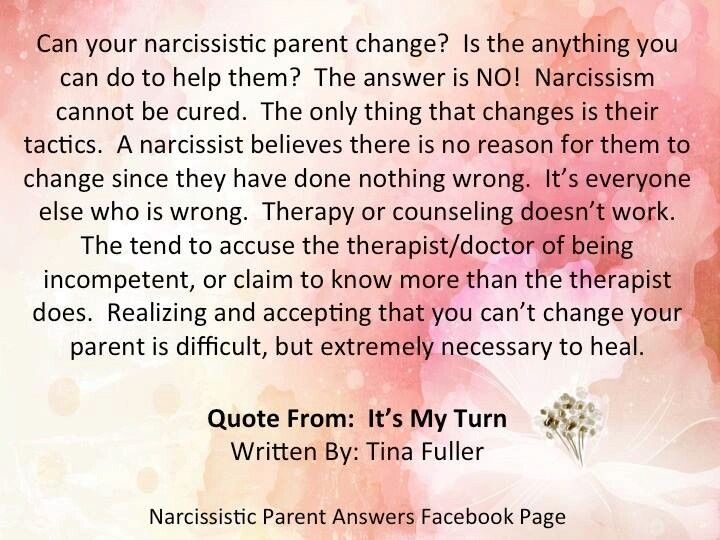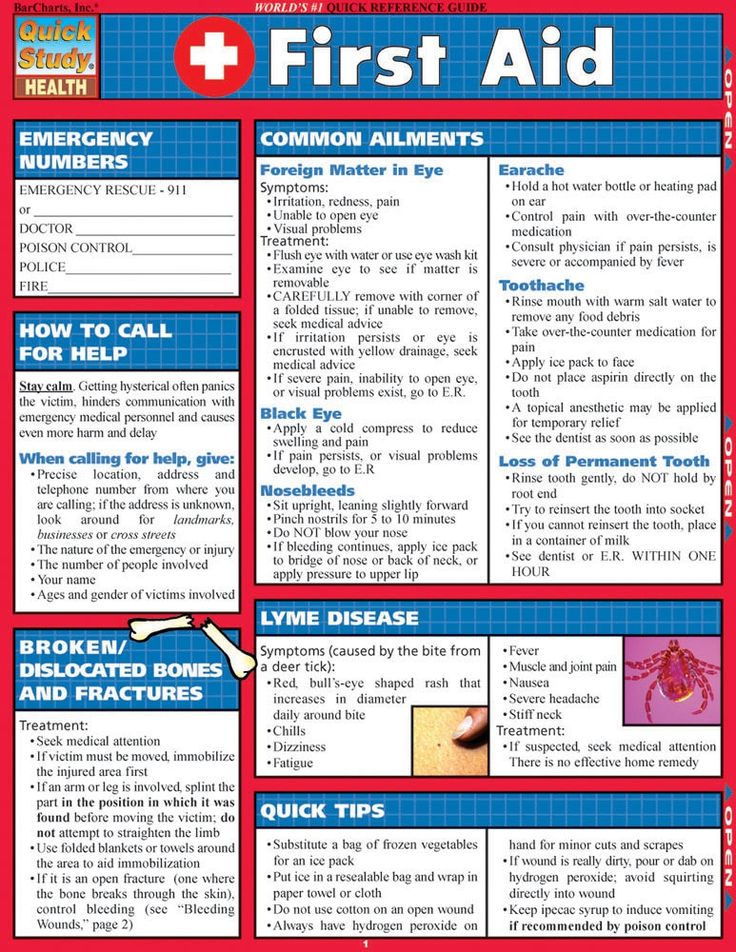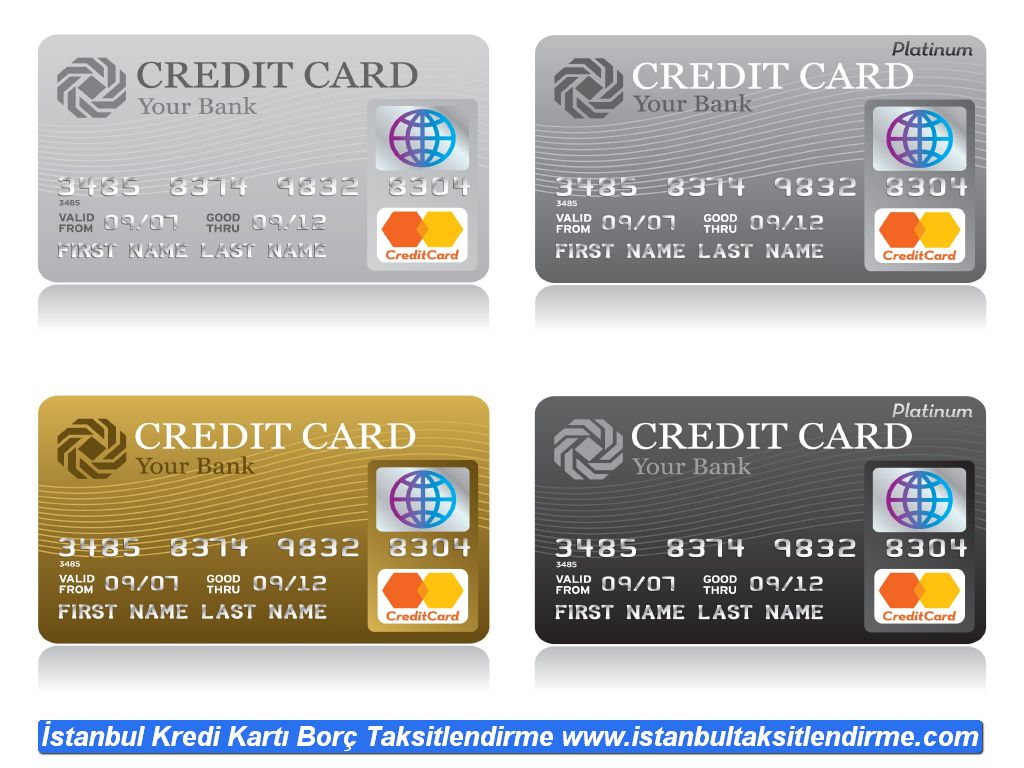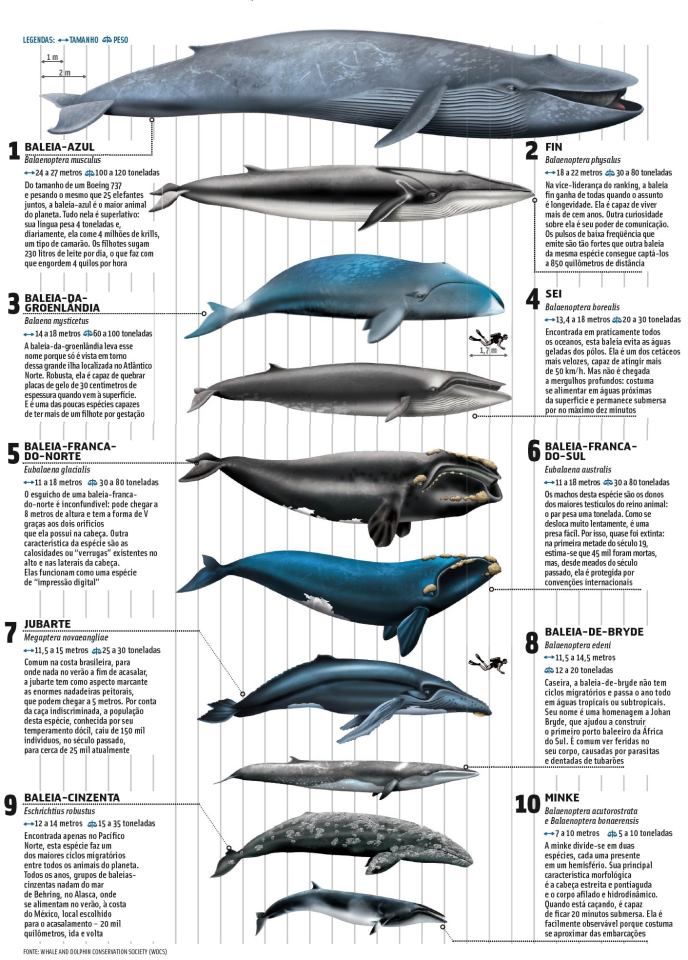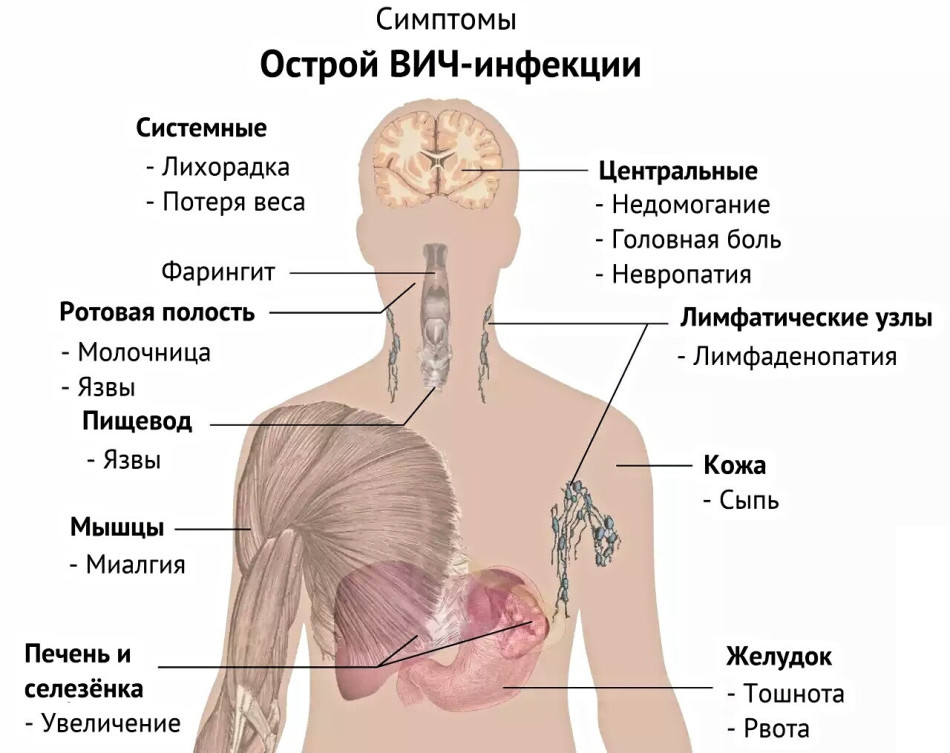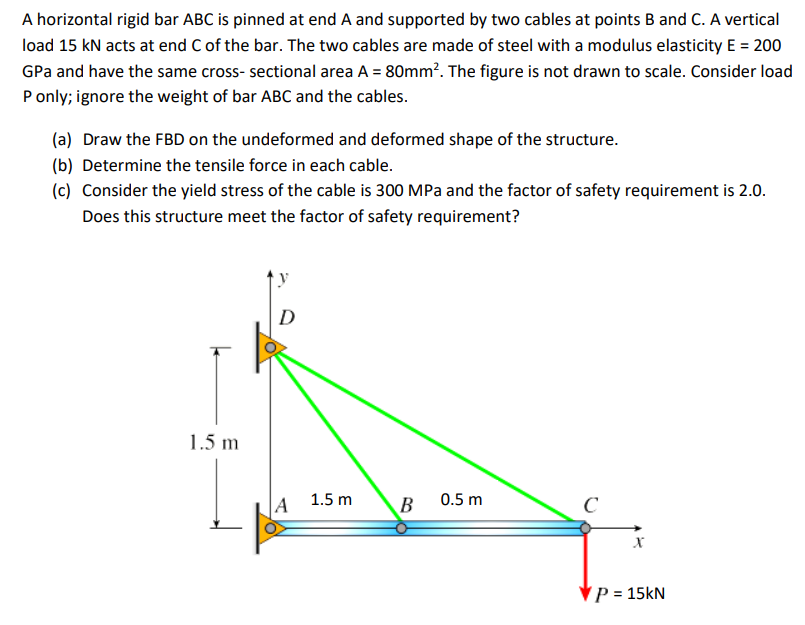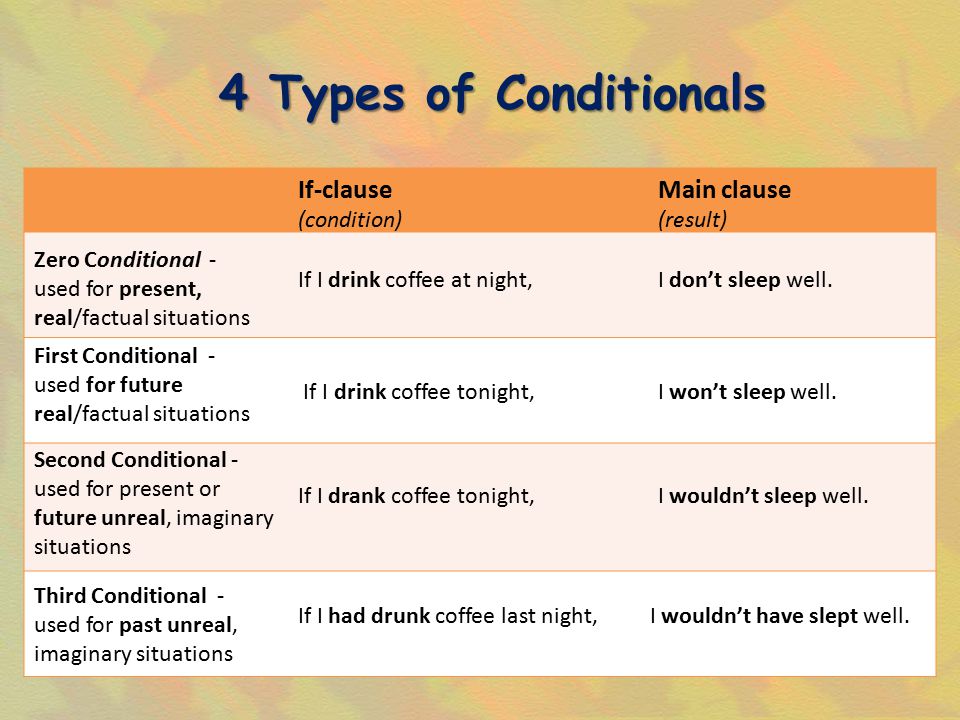Narcissists and the holidays
Holidays with a Narcissist: 5 Things You Should Not Do
Many of us are hopeful that this holiday season will be more normal than that of the past few years. Unfortunately, you may be gearing up for family get-togethers that you feel honor-bound to attend this year, gatherings that you were gratefully able to avoid last year. No family is "holiday card perfect" in reality. If a family member suffers from Narcissistic Personality Disorder or displays significant narcissistic tendencies, the holidays can mean great chaos and calamity. During the season, there are more opportunities for narcissists to display their most egregious behaviors.
Narcissists have a hard time celebrating the big events of others. If there’s a holiday gathering on the calendar, they will try to make themselves the center of attention through whatever means most natural and effective. Narcissists feel that holidays steal the spotlight that they, themselves, should own. Narcissists either try to grab it back by boasting and strong-arming everyone's attention.
Alternatively, they will sabotage the celebratory mood for other people.
There are two general types of narcissists, grandiose and vulnerable. Grandiose narcissists like to do everything in a big way and honestly believe that they lead “bigger than life” lives that are the envy of others. They may view their lives as tableaux and use other people the way directors use props or scenery, to create a particular effect for a scene. They perceive others around them, even their own children, as objects to be used to achieve their objectives. They may give lavish gifts to people, but these gifts are given as a means to spotlight their generosity and their apparent wealth, even if they’re deep in debt. It’s as if they are “decorating” a loved one as an accessory, not offering true affection.
Vulnerable narcissists may seem to draw less attention to themselves in public settings, but they hold high expectations of being the center of attention in relationships. When they don't get their way or don't get what they feel is owed to them, this is a blow to their pride and their fragile self-esteem. They may lash out with surprising hostility and viciousness fueled by narcissistic rage.
They may lash out with surprising hostility and viciousness fueled by narcissistic rage.
Grandiose narcissists use aggression as a weapon whereas vulnerable narcissists may use it as a defense mechanism. Grandiose narcissists focus on themselves and take great pleasure in reflecting on their actual or merely fantasized successes. Vulnerable narcissists are preoccupied with tearing others down to make themselves feel big. While grandiose narcissists cherish their successes and award them more significance than they likely warrant, the vulnerable narcissist cherishes the failures of others as their self-esteem feeds on their missteps.
Celebrations with the Vulnerable Narcissist
If the celebration is a graduation or a birthday, for instance, the vulnerable narcissist may find it hard to show up at the party as their ego is fed by the downfalls of others. If they attend, they will try to make themselves feel superior to the other person. They’ll judge the food, the drinks, the clothing, the decorations; they will put down the efforts of others, and find the justification for the criticism.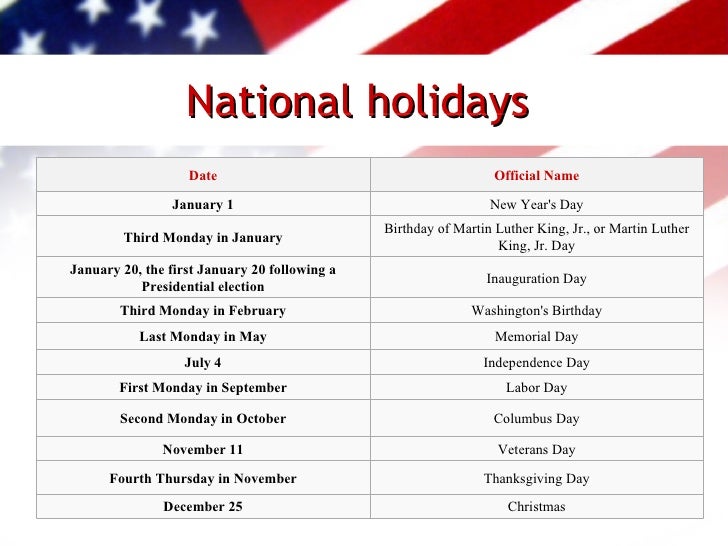 They want to make their own style or achievements seem superior.
They want to make their own style or achievements seem superior.
The vulnerable narcissist will look for a way to sabotage the party, making the hosts or guests feel bad. They may pick a fight with someone or spill red wine on the white carpet. Each action that leaves others feeling or looking bad is just one more tasty morsel to feed the insatiable ego of the narcissist.
Celebrations with the Grandiose Narcissist
Grandiose narcissists thrive through the puffing up of their pride and while they also need to feel superior to everyone in the room, they are focused on self-aggrandizement and their entitlement to whatever they want; even if it is what others deserve and should have. Their desire to be the center of attention at an event means that they will do whatever they can to have that attention, even if it’s harmful to the people they proclaim to care about. They will take credit for gifts that you buy others, for meals you’ve prepared, parties you planned, or the good behavior of your children. They may make promises of special gifts or vacation trips but fail to deliver after bragging to everyone about what they were going to provide.
They may make promises of special gifts or vacation trips but fail to deliver after bragging to everyone about what they were going to provide.
Avoid Giving the Narcissist Fuel for Their Narcissistic Rage
- Don’t start an argument as this can lead to emotional damage to everyone in the vicinity, from partners to children to family to friends.
- Don’t tell them how to behave or what to do, they take pleasure in their resistance to following others’ directives or doing what they've been asked (or already promised) to do.
- Don’t assume you can convince them to see your perspective, they can only view the world through their jaundiced perspective.
- Don’t expect to reach them through heartfelt, emotionally vulnerable pleas or conversations. They are notorious for the absence of empathy for others and have no interest in understanding another’s viewpoint.
- Especially be careful not to humiliate them or challenge them in front of others, losing face is a grave narcissistic injury and retribution can come swiftly and painfully.
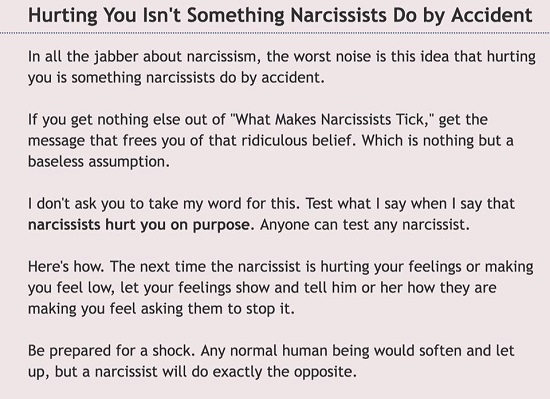
Keep Your Holiday Options Open and Your Family’s Well-being a Priority
If you're dreading the holiday season because of a narcissistic family member, remind yourself that you don't have to let them "steal your joy." Find ways to celebrate with the people you care about outside of the holiday season, if that is easier. Keep your expectations equal to what you know from past experience and recognize that the holidays can bring out the child in all of us, but the most childish of all is typically a thwarted narcissist.
Why do Narcissists Always Ruin the Holidays? Here are 5 Reasons
By Jolie Warren, Marital And Family Therapist
Why are narcissists more glitchy than usual around the holidays? Because they believe that they’re entitled to all the attention – and how dare Santa or Jesus or gift-giving or their own children take the spotlight off them?!
My ex was the glue that held our family together. Especially during the holidays.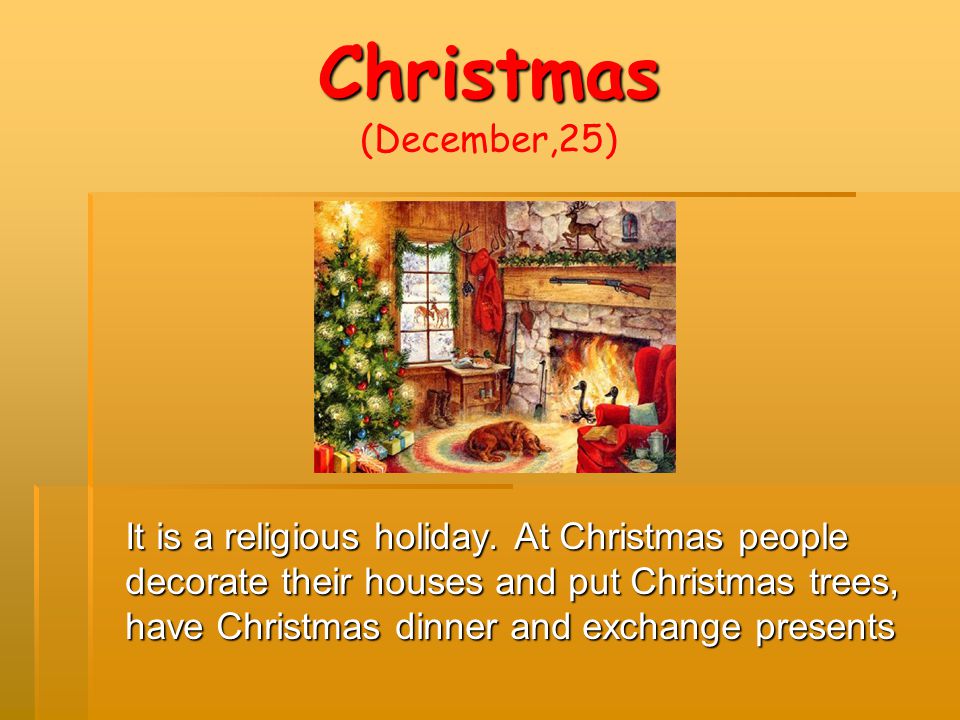 He LOVED the holidays because he could string lights on the house, bake cookies with the kids, chop down the tallest tree on the Christmas tree farm, and receive all the kudos.
He LOVED the holidays because he could string lights on the house, bake cookies with the kids, chop down the tallest tree on the Christmas tree farm, and receive all the kudos.
He went out of his way to make our holidays exceptional. It wasn’t about wanting us to have a great holiday, though: it was about him looking good during the holidays. And, man alive, could he make himself look loving, caring, empathetic, and full of the holiday spirit.
It was all an act that came to a stop once we divorced. Divorce forced him into having to embrace the needs of others: his children and their needs, and my needs.
We needed him to follow holiday visitation schedules, behave himself at school holiday pageants, and act as if he actually cared about the feelings of others. That didn’t go over well.
Narcissists Need to Be the Center of Attention. Always.
The first Christmas after we divorced, he figured out a way to dodge the “giving” spirit and remain the center of attention.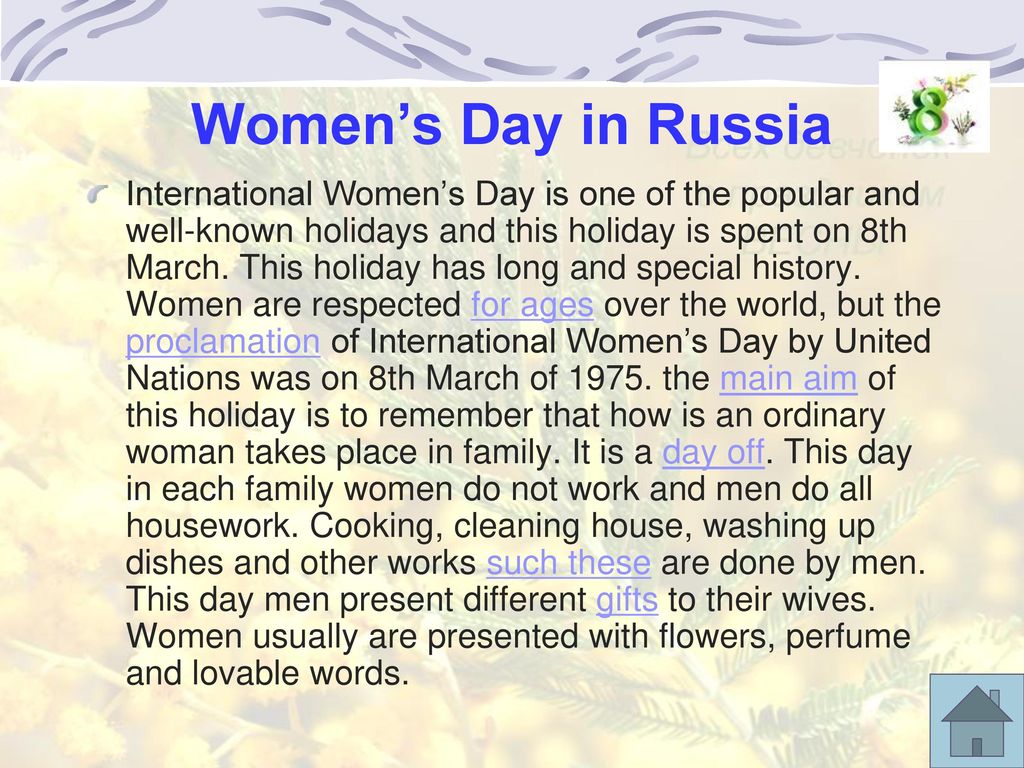 He flew to his parent’s home. A home he hadn’t visited in years or expressed an interest in visiting.
He flew to his parent’s home. A home he hadn’t visited in years or expressed an interest in visiting.
He had a great Christmas! His parents fawned over him, his siblings came from far and wide to spend time with him, he went out with old high school friends, and even went to Christmas Eve church services with his mom so she could show him off.
He had promised the kids he’d call them Christmas Day, but the call never came. He was so enthralled by all the attention he was getting that he forgot his kids on Christmas Day.
Since that first post-divorce Christmas, things haven’t gone as well for him. Since he can no longer be the center of attention in a positive way, he works overtime trying to be the center of attention in a negative way.
If he isn’t arguing with me about holiday visitation, he doesn’t show up at all for holiday visitation. If he isn’t making demands of how our kids should accept and embrace his mistress (the woman he left us for) during the holidays, he’s berating them for putting ornaments in the wrong spot on his magnificent Christmas tree.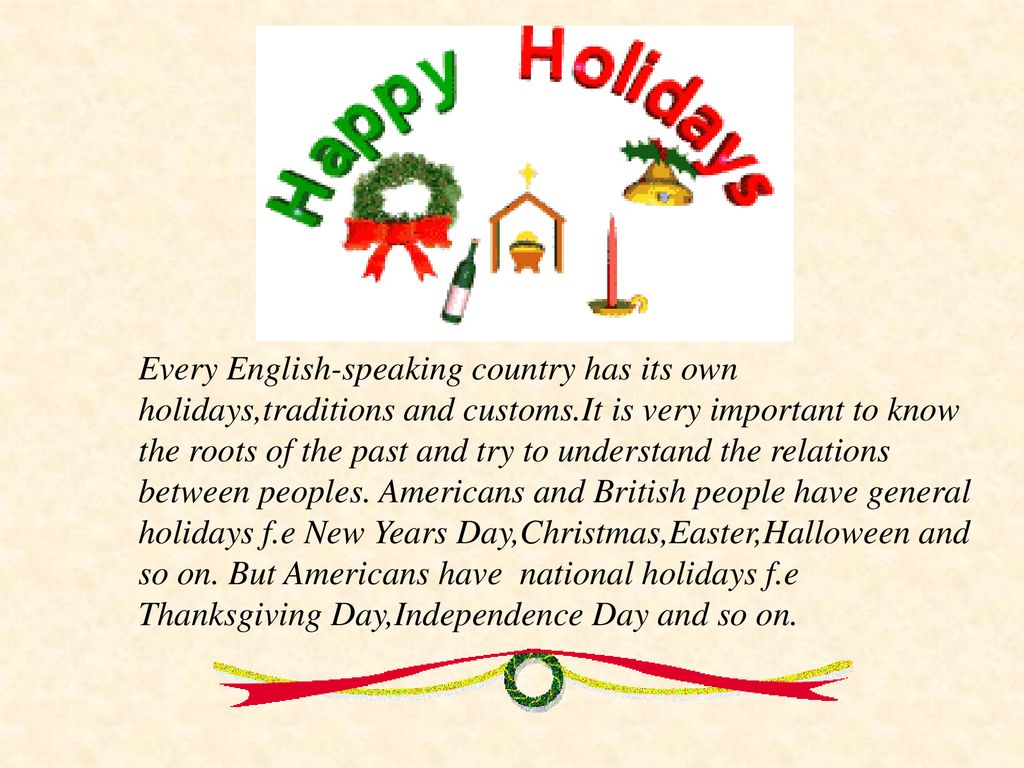
The Grinch has nothing on my ex during the holidays!
5 Reasons Why Narcissists Ruin the Holidays
Why do he and his fellow narcissists seem to work overtime trying to ruin our holidays? See below.
1. They Lack Empathy.
One of my favorite things about Christmas is watching the faces of my kids as they open their gifts. I also like giving things to people that I know they wouldn’t dare splurge on for themselves. It brings me a great deal of joy to make other people happy.
When you lack the empathy chip, there is no joy in giving or making others happy. It’s not a behavior narcissists attach any significance to. To them, it seems like a monumental waste of time and money, and they feel incredibly put out to have to suffer through such an occasion with people they have no investment in.
The disappearing narcissist doesn’t care that it’s the holidays and that they have hurt their children deeply. These thoughts don’t resonate with them.
When an activity is all about someone else, like a birthday, a promotion, or a graduation, a narcissist will find no value in celebrating another’s achievements or joy (unless of course, they could obtain supply through proxy).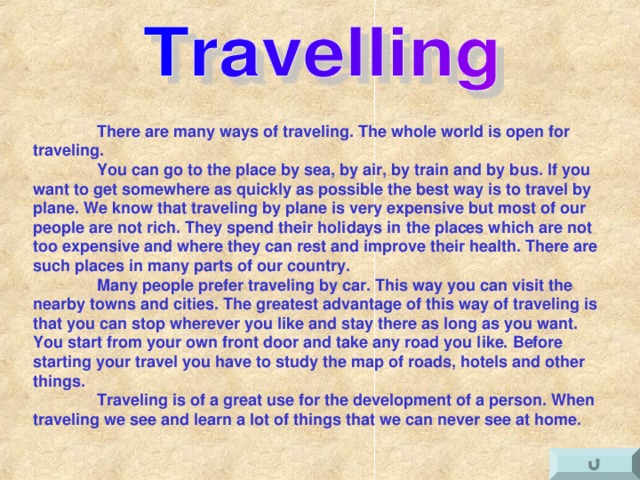
Instead, it will activate feelings of jealousy and envy. Because someone else is being put on that proverbial pedestal and getting the attention that should be theirs, a narcissist will find those encounters intolerable and will seek to avoid them at all costs or ruin them for others.
2. Good Attention or Bad Attention – It’s All Good to a Narcissist.
If it can’t be all about them, where they and everyone else gets to bask in their glorious essence, then they will get attention another way and that’s by being an ornery cuss.
If they can get you to feel responsible for their moods, so that you are jumping through hoops they set up to keep their foul mood from infecting your holiday, they’ll like that even more. If it’s not all about them in a good way, they’ll make it all about them in a bad way. Either/or, it makes no difference.
3. They Don’t “Do” Intimacy, Responsibility, or Obligation.
Sharing special occasions breeds the kind of intimacy that a narcissist just can’t handle. It creates expectations that a narcissist doesn’t want you or anyone else to have. With those expectations comes a responsibility to behave as if they care about what’s best for others.
It creates expectations that a narcissist doesn’t want you or anyone else to have. With those expectations comes a responsibility to behave as if they care about what’s best for others.
It means getting closer, which they cannot allow. Their anxiety always gets the better of them, so they’d just as well leave their kids hanging, or start a fight with you, so they don’t have to deal with the anxiety they feel over not being center of attention.
This anxiety makes them incredibly unreliable. When it’s upon them, their primary goal is to alleviate it, which usually means shutting people out or making them miserable. Their anxiety paired with their lack of empathy is a holiday recipe for disaster.
4. They’ve Found Alternate Narcissistic Supply.
I’ve had many clients tell me they’ve had solid plans for the holidays with their narcissists and then find themselves stood up, or on the receiving end of a text, canceling at the last minute. The next thing they know, they see pictures on social media of the narcissist spending the holidays with someone else. They’re devastated and asking – “WTH?”
They’re devastated and asking – “WTH?”
A good rule of thumb is always to remember that “new supply” trumps “old supply.” For example, a new lover trumps their kid’s (old supply) needs – regardless of the time of the year.
New supply turns on the narcissist’s laser focus and obsessive attention. There is no way old supply can compete. It doesn’t mean they’re better – it means they’re newer/unconquered.
So, if your kids get that text on Christmas day, after they’ve made plans and are excited about spending the day with their dad, this is likely what’s happened.
5. Creating Misery Is Their Default Setting.
Miserable people create miserable energy and environments everywhere they go. They are dark people, who project their feelings onto other people. Ruining another’s joy is like a trophy for them. It makes them feel important and powerful.
If they believe the holidays are foolish and irrelevant, they don’t care that they mean something to you. Your opinions are usually irrelevant unless, of course, you carry the same opinion as they do.
Only seriously disturbed and twisted people ruin events for other people and suck the joy out of life.
Hoping or expecting a narcissist to go against their nature causes suffering. Know what you’re dealing with, understand the behavior, and NEVER expect them to play a role in making the holidays a time of joy and giving.
Love your children, make their holiday experience wonderful, and don’t let your narcissistic ex and his behavior dim your spirit.
Jolie Warren is a licensed Marital and Family Therapist, although she isn’t practicing at this time. She divorced in her early 30s, remarried at 37, and gave birth to her first child at 38 and her second at 40. These days, she’s enjoying her role as mother, wife, and homemaker. She plans to return to the profession she loves when her children are school-aged; until then, she’s happy to write and (hopefully!) help those who read her articles.
A version of this article first appeared on DivorcedMoms. com
com
How to Encourage a Narcissist to Be Kind During the Holidays (Pro Tip)
I already told you about Albert Bernstein's book Emotional Vampires. How to behave with people who feed on your energy. In my opinion, it has strengths - for example, I really liked his classification of anti-social vampires.
But the rest of the book seemed rather weak to me. I admit that the methods he proposes to influence narcissists, sociopaths, paranoids, hysteroids and other vampires work with some of them, but obviously not with too tame representatives of these categories that the commentators of this blog have dealt with and are dealing with.
However, I'll leave it to you to make up your own mind and post Bernstein's tips on how to prevent narcissus goats during the holidays. I would like to hear from you what you did in similar cases, did it work, and what do you think of the strategy proposed by Bernstein.
“Daffodils are difficult to get along with at any time of the year, but during the holidays you can expect them to be especially troublesome.
...Sarah is looking forward to the holidays - and at the same time she is terribly afraid of them. The problem is that every year the family is threatened that Connor won't be in high spirits again during the holiday. He doesn't actually yawn or look at his watch, but he shows his bad temper in other ways.
Finding a gift for Connor is a big problem. Last year, the children chose a shirt and tie for him, which seemed very beautiful to them. When Connor began tearing open the homemade packaging, the kids were so excited they literally jumped up and down in anticipation. Until he took the lid off the box...
He said, "Thank you kids, this is just wonderful." But then he tossed the gift box away like it was a lump of coal. Even a four-year-old child understood that Connor was disappointed.
...Many narcissists find them easy to get along with because they never yell. But they do not need to do this - they can express their dissatisfaction without saying a word. A deliberate indifference, a dismissive look, or simply an absent look speaks volumes more than words can express.
A deliberate indifference, a dismissive look, or simply an absent look speaks volumes more than words can express.
Sarah's soul hurts. But she has nothing to say to Connor. She simply leaves things as they are, thus rewarding him for such tactless behavior and increasing the likelihood that he will continue to act like a naughty child if he does not get exactly what he wants. He behaves like this all the time, but it is especially unpleasant during the holidays, when everyone else is overwhelmed with love and good humor.
If you have a narcissist in your life, here are some tips to help you make the holidays a little more joyful.
Make non-verbal communication verbal
Do not allow a narcissist or vampire of any other type to use non-verbal ways of expressing displeasure. Non-verbal communication is much more powerful than simple words because it can be ambiguous. If a narcissist says that you did something wrong, at least you can disagree with him.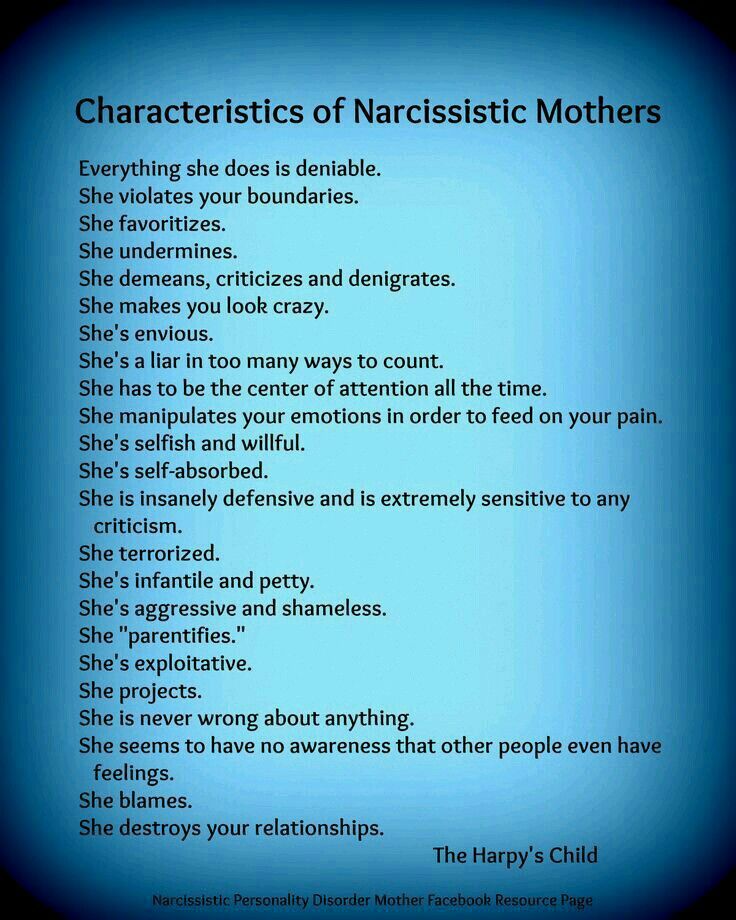 If he only hints at it, you can only guess if this means what you think, or if you are really to blame, or if it all seemed to you.
If he only hints at it, you can only guess if this means what you think, or if you are really to blame, or if it all seemed to you.
By trying to avoid conflict with the narcissist, you create an internal conflict, and he gets away with it. If there are children around, they are likely to experience the same feelings and wonder at the same time why adults never say what they think.
The method below will give you the result you want, but it requires some skill and a lot of courage. The method comes down to several steps.
Observe the behavior of a narcissist.
People use different non-verbal ways to express dissatisfaction - snort, frown, roll their eyes, change the subject of conversation, or praise you in such a way that this praise seems to be a reproach. Watch the narcissist and learn all of his habits so that you can later describe them in words.
State the narcissist's hints in words instead of blaming them.
This is a rather insidious move, because it is completely invisible, but a lot depends on it. Unsubstantiated accusations regarding the narcissist's internal state (for example, "You're bored") will provoke a defensive reaction in him.
Unsubstantiated accusations regarding the narcissist's internal state (for example, "You're bored") will provoke a defensive reaction in him.
But if you put it a little differently ("You're always looking at your watch. I think you're bored"), it will be much more difficult for him to pretend that nothing is happening.
...Sarah takes a deep breath:
- Judging by the way you put the box aside, it looks like you don't like the shirt and tie.
Connor tries to smile:
- No, it's just... Well, the color doesn't match any of my suits.
This is what it looks like when you get the edge on a narcissist. Your goal is not to make him feel guilty, but to clarify the situation. Once you put their non-verbal cues into words, the narcissist will no longer be able to hide behind their silence. He will have to admit that he is behaving like a child. As a result, he is unlikely to try to demonstrate his bad mood next time.
You have what a narcissist needs. Take advantage of this.
Take advantage of this.
Narcissists need narcissistic nourishment. Connor wants to be seen as a good person, so name your price and demand payment up front. In relationships with narcissists, this cannot be avoided.
- Connor, the holidays are coming. We want them to please everyone, so I ask you now: do you want to take part in this?
- Of course. And what makes you think that I might not want to?
Sarah continues to insist on her own, ignoring the trap that could again drag her into a pointless argument.
- Great, here is a list of what we usually do during the holidays. Tell me what you would like to do with us.
Connor scans the list.
- Everything listed here.
- Great. If you want to be a part of all this, here's a list of do's and don'ts.
- Are you kidding?
- Not at all.
To a normal person this approach would seem outrageous, but you'd be surprised how well narcissists respond to it. They will pay what is due, but only if you demand it in advance.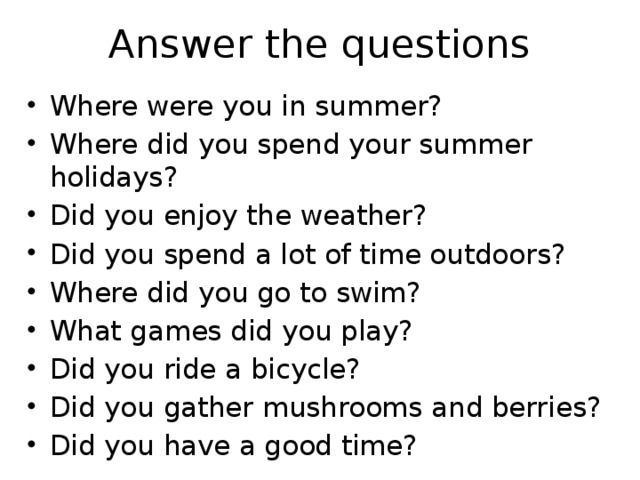 The narcissist may accuse you of treating him like a child. Recognize that this is true. The only thing left for him after this is to defend his right to behave like the Grinch, the stole Christmas.
The narcissist may accuse you of treating him like a child. Recognize that this is true. The only thing left for him after this is to defend his right to behave like the Grinch, the stole Christmas.
Don't count on a narcissist to like something they didn't choose.
If you want to see a narcissist's eyes light up, ask him what he wants to get as a gift, and give it. If you feel that the narcissist needs a surprise, remember that it's not your concern that matters to him, but how much money you spent on the gift. So always buy the best for him.
To involve a narcissist in organizing a fun and joyful holiday, you need to treat him like a 4-year-old child: entrust him with a certain area of \u200b\u200bwork and give him complete freedom of action.
Tags: narcissist, narcissistic resource, narcissistic parent, useful library Mother, on her throne, is waiting for us to come and pay our respects. My brother will come in thinking that he is her favorite; my younger sister will try very hard to remain inconspicuous and get out of there alive and well. And then I. Excellent scapegoat. I hope this gala dinner goes well, because if it doesn't, I know full well who will be blamed." (Jenna, 47)
And then I. Excellent scapegoat. I hope this gala dinner goes well, because if it doesn't, I know full well who will be blamed." (Jenna, 47)
“I'm not alone in this world, who wants to fall asleep on December 22nd and wake up on January 2nd? All these holidays are a huge stress for me, but everything related to my mother and father is especially hard. It's always a horror show. Full tin." (Dana, 41)
No wonder the narcissist is very fond of the holiday season, because it gives him the opportunity to be the center of attention; his desire for supremacy as the holidays approach finally finds its fulfillment. Yes, it is the narcissist who will brag about having found the perfect gifts for everyone, it will be the narcissist who will talk about the incredible obstacles to buying a gift (what would a gift be if it didn’t have to be fought for?), he will have to make sure you note every little detail of all the holiday decorations and incredible food preparation, make sure you appreciate how much effort it all cost him.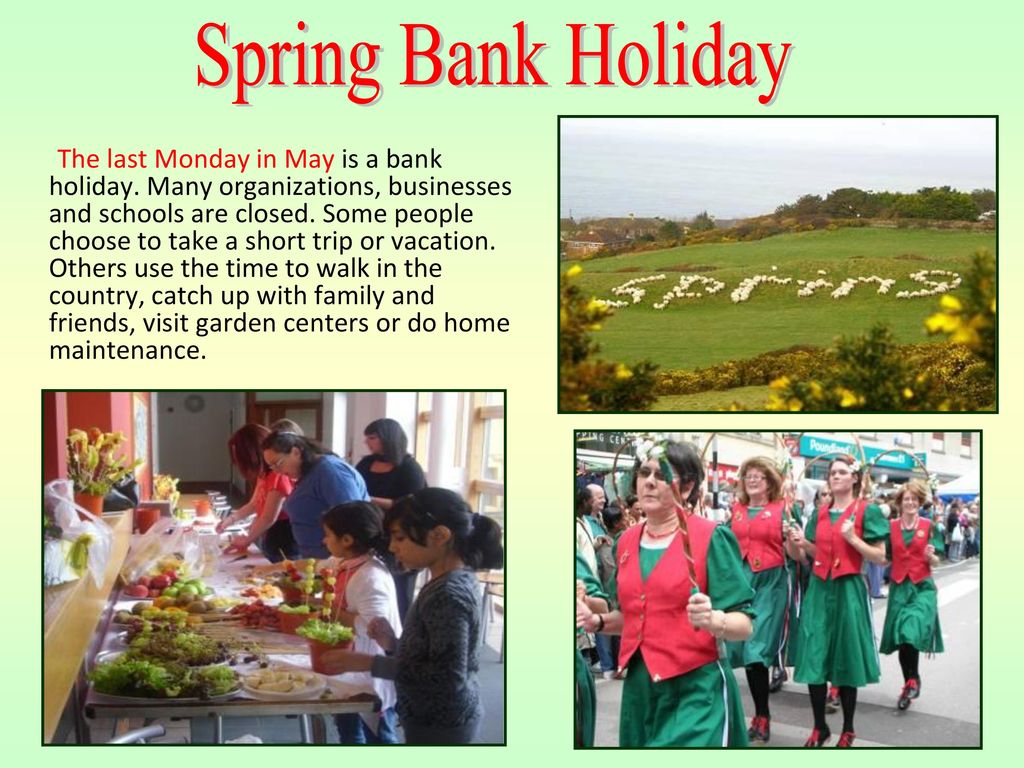
Don't expect the narcissist to give up on their titanic efforts, what will be the pleasure then? Grandiosity goes well with champagne.
Instead of wasting your energy on armor (clumsy and uncomfortable) or forgetting yourself over a glass of wine (too risky), take some time to study this cheat sheet, which may help you come out of the holidays whole and maybe with less pain. As the old Boy Scout motto says, "forewarned is forearmed"; if you know what is waiting for you around the corner, then there is an opportunity to better prepare for it. If you manage to establish an emotional distance, then you will see that most of the actions of a narcissist are easy to predict, because they all have one goal: to be the center of attention and adulation.
Cheat sheet!
Do everything in your power to keep joy, even if you are afraid of upcoming events or events; please remember that all this is not about you at all, but about the blind spots of the narcissist. It is very difficult to maintain a balance between the hopes that this time everything will be better than usual, and the deep conviction that, of course, it will not, but remember that you can only control your actions and reactions. Focus on coping with yourself, the rest should be responsible for themselves. Constantly repeat to yourself: you are not an elevator, no one has the right to press the buttons inside you without your permission. The power is in understanding what your triggers are. Realize that the holiday season is stressful for almost everyone. Pamper yourself as needed.
It is very difficult to maintain a balance between the hopes that this time everything will be better than usual, and the deep conviction that, of course, it will not, but remember that you can only control your actions and reactions. Focus on coping with yourself, the rest should be responsible for themselves. Constantly repeat to yourself: you are not an elevator, no one has the right to press the buttons inside you without your permission. The power is in understanding what your triggers are. Realize that the holiday season is stressful for almost everyone. Pamper yourself as needed.
1. Find out in advance the composition of the orchestra
This is a personal show of a narcissist, and if he or she has always assigned roles in a certain way, then most likely it will be so this time. If your mother or father (or both) turned you and your siblings against each other (or just as easily against cousins, or against other relatives or friends), you can easily bet that this will happen and this time.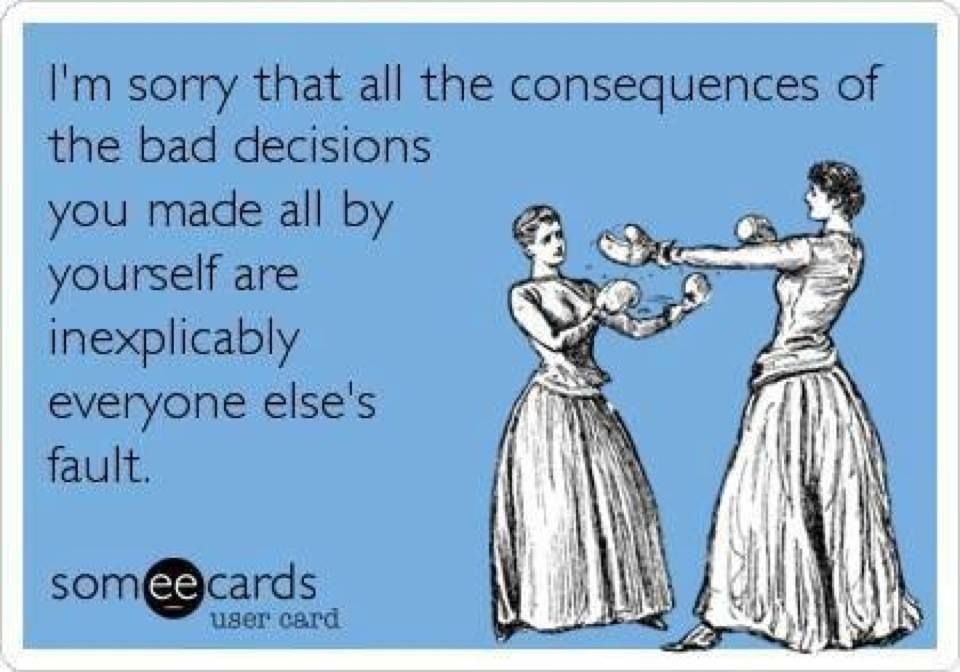 Get ready and try not to fall for this bait.
Get ready and try not to fall for this bait.
The game of favorites and incitement is no doubt designed to throw you off balance, but remember that you are no longer living in your child's room. Observe patterns of behavior like an anthropologist researcher (Drozdov's voice should ring in your head here) - observe what is happening in a dysfunctional tribe that no longer has the power to determine who you are for you.
If the narcissist is a colleague or "friend" and not a family member, just do nothing, you can just sigh and roll your eyes. This will take some of the pressure off. A light, inconspicuous laugh can also be extremely helpful, especially if the narcissist's job is to show off his "life as a picture" at your expense.
Remember that narcissists enjoy being in control; they will use everything they know about you to pull strings.
2. Try not to react to the symbolism of gifts.
Each gift from a narcissist is not chosen by chance and carries a certain message.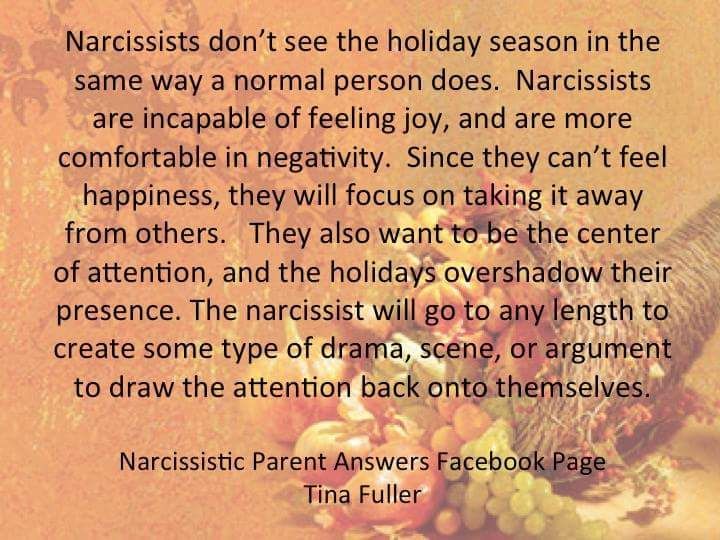 One woman told how her mother kept giving her clothes a couple of sizes too small to emphasize how “big” she was. Another mother, who thought that playing tennis and squash was inappropriate for a girl, gave her pink lace things, which her daughter, of course, never wore. Family positions and family roles are often revealed through price tags - expensive gifts as a reward for favorites and "winners" and cheaper ones for those whom the narcissist considers undeserving of a gift.
One woman told how her mother kept giving her clothes a couple of sizes too small to emphasize how “big” she was. Another mother, who thought that playing tennis and squash was inappropriate for a girl, gave her pink lace things, which her daughter, of course, never wore. Family positions and family roles are often revealed through price tags - expensive gifts as a reward for favorites and "winners" and cheaper ones for those whom the narcissist considers undeserving of a gift.
And the worst thing is that this attitude also extends to the children of already grown children, as one woman recalls: “My husband always told me that my mother turned my brother against me, and one Christmas she gave my brother’s children expensive bicycles, and my boys pack of white socks. The children were about the same age and, of course, my children were upset, they were hurt and envious. My husband just blew up and yes, it was the last Christmas we celebrated with them. In their defense, they said that my children just have bicycles, why else would they.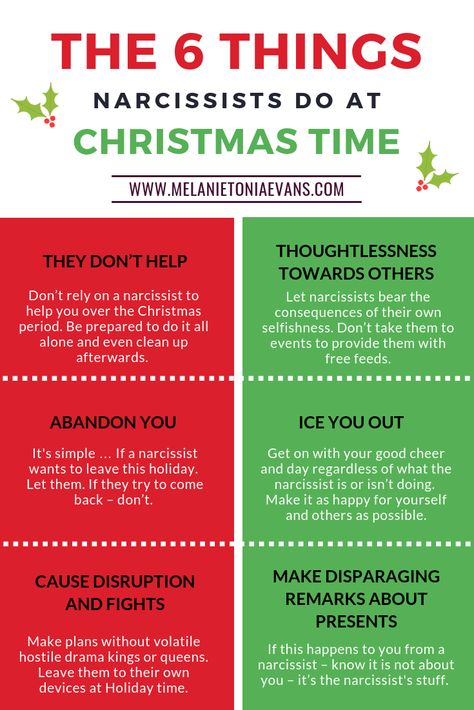 But the nephews also had them, they are just the children of the parental favorite.
But the nephews also had them, they are just the children of the parental favorite.
Using gifts as a way of manipulation and pressure (or making someone stand out from the crowd) is not limited to family relationships. The narcissist knows perfectly well what it is like to be in the center of attention and approval, and what it is like to be an outcast.
If the narcissist is not a parent, but a lover or spouse, then get ready for the floods of "love". Holidays are a great occasion to show off your magnificence.
It is a pity that in all this the feeling of goodness is lost, for the sake of which gifts are made, but, again, remember that all this is not about you.
3. Know that your gifts will not be appreciated.
Yes, put it in the "it's always wrong" box if your position in the narcissist's hierarchy isn't high enough. Anticipating the inevitable, you can give a gift certificate, but not the fact that this will save you from caustic comments.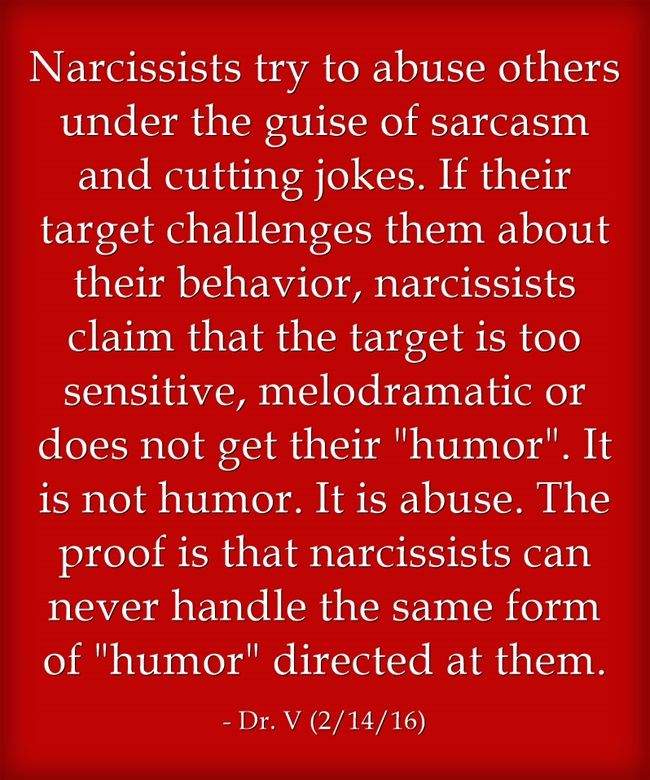 When it comes to parents, this can be a very familiar situation, because it's not the first time it happens, but it doesn't make it any easier, especially if all this is accompanied by muttering “what is this all about”, “and who can only be useful” or “you Do you really think this suits me?" compared to the exclamations of joy at the opening, for example, of a sister's gift.
When it comes to parents, this can be a very familiar situation, because it's not the first time it happens, but it doesn't make it any easier, especially if all this is accompanied by muttering “what is this all about”, “and who can only be useful” or “you Do you really think this suits me?" compared to the exclamations of joy at the opening, for example, of a sister's gift.
No, I'm not a cynic, of course there are exceptions to the rule, but very few people with narcissistic traits can escape the temptation of control and shame when opening a gift.
My favorite story: a friend of mine was invited to a Christmas party by her friend - it was an important year for her, as she was recovering from her divorce and celebrating a successful business year. They went to school together and now, when they were both in their early 50s, they had many common acquaintances. Therefore, my friend chose the gift very carefully, eventually choosing a handmade silver bracelet, which cost more than she expected, but she wanted to make a really good gift.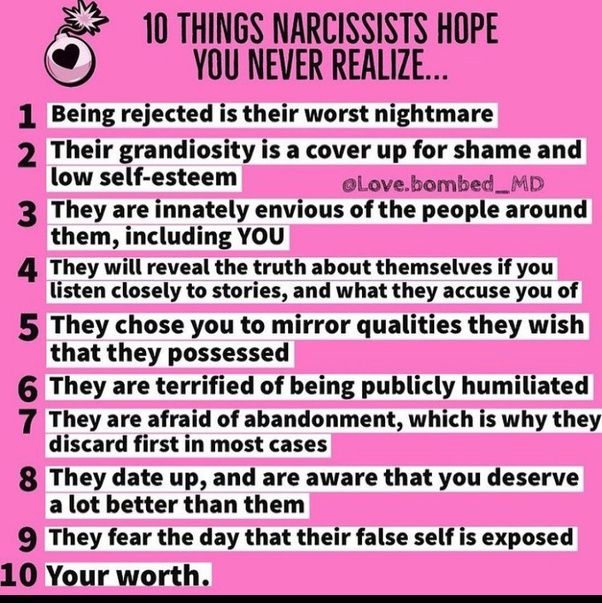 She watched as her friend unwrapped the gift without any emotion and then said, “Thank you very much. This is clearly not what I would choose for myself, but I understand why some people still buy this. Crap. What happened next? After 10 years, she gave my friend this bracelet for her birthday, completely forgetting how she got it. This was long before the phenomenon of "gifting" was widely discussed.
She watched as her friend unwrapped the gift without any emotion and then said, “Thank you very much. This is clearly not what I would choose for myself, but I understand why some people still buy this. Crap. What happened next? After 10 years, she gave my friend this bracelet for her birthday, completely forgetting how she got it. This was long before the phenomenon of "gifting" was widely discussed.
4. Be prepared to be neglected.
Yes, some thick skin is required, especially if you're going on a holiday "home" led by a narcissist(s). Please remember the important words of one woman: “I was my mother's scapegoat. I became the black sheep of my family. But one day I realized that the problem is not what kind of “sheep” I am, but that the whole herd is sick.”
If harassing you has always been a favorite family pastime, just get ready for it and remember that the people doing it are the ones who are most invested in maintaining the family myth; they need a scapegoat to feel good about themselves, which is very, very sad - for them, not for you.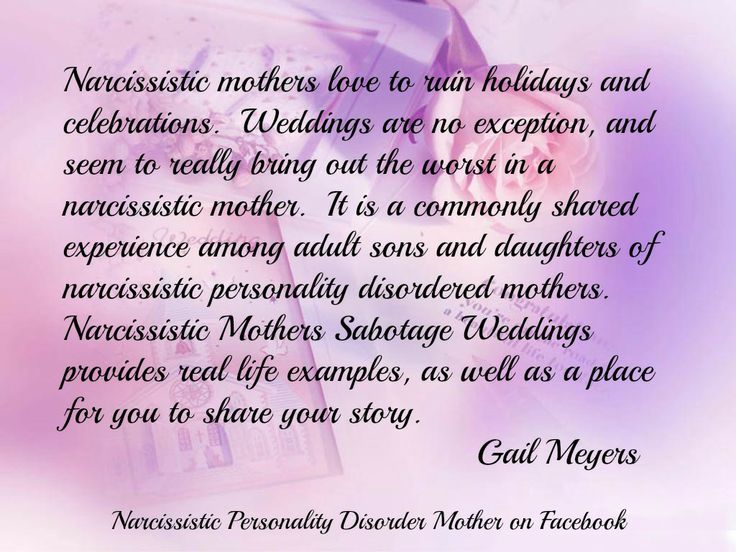 However, read the next two tips.
However, read the next two tips.
5. Stay away from drama.
It's important to repeat: no one can involve you until you decide to get involved. You are an adult, and you have every right to interrupt the endless questions (“When will you do something with your weight?” “When will you finally get married and have children?” “Are you still not getting along with your work?” ) that make you feel uncomfortable. You are not here to be a punching bag. It is normal and right to demand respect for personal boundaries from other people, even if they are your mother and / or father.
6. Avoid violence.
Many of us, especially those who grew up with narcissistic parents—or controlling, brawling, critical, or neglectful parents—tend to accept verbal abuse as the norm; we are used to the fact that family members use words as a weapon or justify them, that, they say, this is just their communication style. No, there is no reason to endure humiliation and listen to rude words.